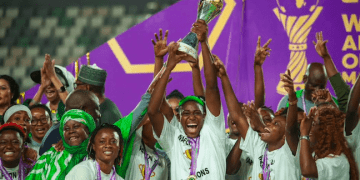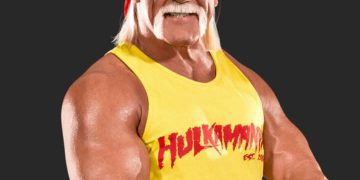By Ibrahim Salaudeen, Lagos
Governor Babajide Sanwo-Olu, has faulted the 2023 presidential candidate of Labour Party, Peter Obi, over his disparaging remarks about Nigeria while appearing recently at Johns Hopkins University in the United States.
Sanwo-Olu, in a statement on Sunday, reckoned that Obi is not competent to criticize government of the day at the Centre given his poor performance in Anambra when he was a governor.
The Daily Crucible reports that Obi had during the appearance highlighted how Nigeria’s downward economic slope in the last quarter of a century has inevitably led to a drastic rise in poverty.
The former governor of Anambra State on the platform All Progressives Grand Alliance(APGA) deployed the poverty index to compare Nigeria with China, Indonesia, and Vietnam, outlining the extent the nation’s poverty levels have spiked.
He noted that, in 1990, when the Human Development Index (HDI) was first measured, Nigeria, China, Indonesia, and Vietnam all fell within the “medium” category. At that time, Nigeria had the fewest people in poverty, but by 2025, the situation had dramatically changed, concluding that Nigeria now has more poor people than China, Indonesia, and Vietnam combined.
“In 1990, Nigeria had about 50 million people in poverty, the fewest among these countries.
“However, today, Nigeria has more poor people than China, Indonesia, and Vietnam combined,” Obi stated.
Reacting, however, the Lagos State Governor accused Obi of making “disparaging comments” about the country, arguing that prominent Nigerians travelling abroad should promote the nation’s image rather than “de-market” it.
The governor said, “He made the unflattering remarks not just about the incumbent Nigerian government, but also about Nigeria.
“I also find Mr Obi’s pattern of behaviour disturbing. When prominent Nigerians go overseas, they ought to project Nigeria positively. They do not have to do that for the government. But we all owe a duty to market Nigeria on the global stage rather than de-market her. That is what true patriotism is about.”
Sanwo – Olu claimed specifically that while Obi’s time as Governor lasted in Anambra, poverty soared, recalling that it his successor, Willie Obiano, that reduced it drastically.
He faulted the LP chieftain’s criticism of the current administration’s economic policies and claims that they were worsening poverty and defended President Bola Tinubu’s efforts, noting that Tinubu had a track record of reducing poverty when he governed Lagos State between 1999 and 2007.
“Now, I find it somewhat ironic that a man like Mr Obi, who did not build a single school or a stand-alone hospital throughout his eight-year tenure as Governor of Anambra or sustainably provide credit facilities, would criticise the Government of Nigeria, which is actively doing that.
“I say this because the President of Nigeria, President Bola Ahmed Tinubu, is my predecessor, and as Governor of Lagos and now President of Nigeria, has built over 200 schools and provided student loans to more than 200,000 undergraduates of Nigerian tertiary institutions,” he added.
Sanwo-Olu also challenged Obi’s record, claiming that poverty worsened in Anambra during Obi’s time in office.
He stated, “Mr. Obi talks a good game. But was he able to reduce poverty while he governed Anambra? Perhaps we can let the facts speak for themselves.
“Under Peter Obi as a two-term Anambra Governor, poverty in Anambra increased. It did not reduce. Before Peter Obi became Anambra Governor on Thursday, June 14, 2007, the poverty rate in Anambra was 41.4%.
“But after only two years in office, the poverty rate in Anambra jumped to 53.7%.
“But the interesting thing is that five years after Peter Obi left office, his successor, Willie Obiano, reduced the poverty rate in Anambra from almost 60% to 14.8%.”
The governor questioned Obi’s moral standing to criticise the government’s efforts.
“Mr. Obi contributed to the increase in poverty in Nigeria. Governor Tinubu, as he then was, was responsible for lifting millions out of poverty.
“Being that that is the case, who should criticise who?” he concluded.









































